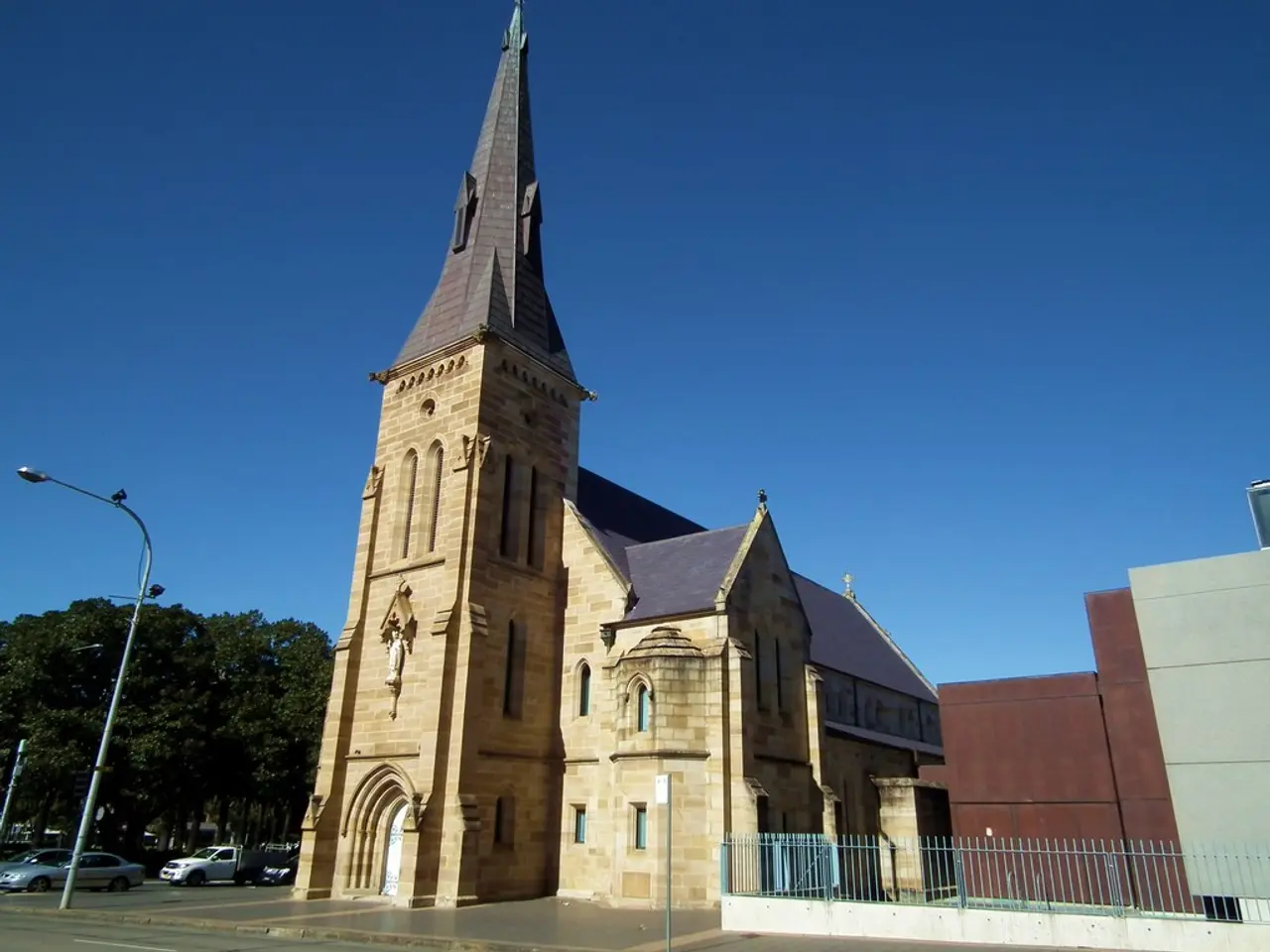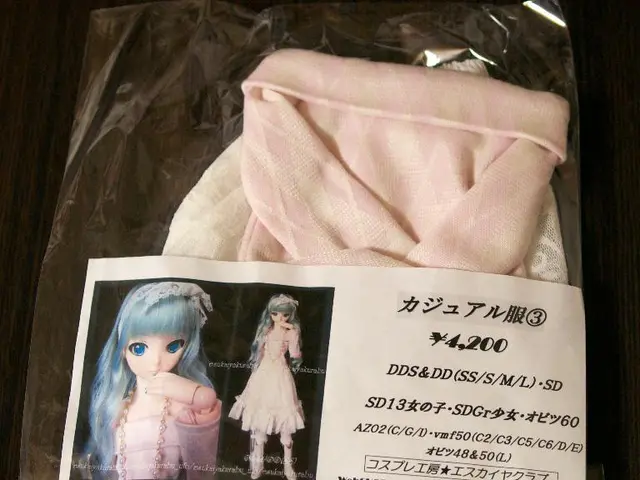Predicted locations of critical mineral conflicts in the year 2025
In a world rapidly transitioning towards renewable energy and electric vehicles, the race for access to critical minerals like lithium, cobalt, coltan, and nickel is intensifying. This global competition, driven by Europe and North America's aim to secure access and challenge China's dominance, is causing concern over the environmental impact and the rights of Indigenous communities.
Central Africa, home to one of the world's richest natural resources with an estimated mineral wealth of US$24 trillion, is at the heart of this competition. The Democratic Republic of Congo, in particular, boasts most of the world's reserves of cobalt, a metal essential for rechargeable batteries. However, the M23 rebels, a group based in the eastern part of the country, have seized vital mines in a rapid advance, causing further unrest and raising questions about the sustainability of these mining activities.
Reports suggest that the M23 rebels make an estimated US$800,000 in monthly taxes on coltan production and trade, a mineral used in electronic devices. This escalation in fighting over land and natural resources is the latest in decades of conflict in the region, putting pressure on the European Union to hold off on a minerals deal with Rwanda due to the M23 rebel group's activities.
Meanwhile, Brazil, the fifth-largest lithium producer in the world, plans to ramp up exploration projects and investments this year, particularly in the Jequitinhonha Valley. However, this surge in mining activities, particularly in Amazon areas rich in biodiversity and inhabited by Indigenous peoples, has led to 348 conflicts between small-scale farmers, workers, Indigenous and Afro-descendant peoples, and mining enterprises between 2020 and 2023, according to a report by Brazilian NGO Terra de Direitos.
The Philippines, the world's second largest producer of nickel, is also experiencing a rush for transition minerals due to the electric car industry. A quarter of the land used for transition mineral mining in the Philippines overlaps with key biodiversity and protected areas, threatening the country's rich biodiversity and the safety of environmental defenders. Domestic laws protecting the rights of Indigenous peoples have failed to prevent them from losing ancestral land due to mining, with Indigenous Filipinos losing a fifth of their ancestral territories to mining projects, an area greater than the size of Timor Leste.
Chile, holding the world's largest reserves of lithium, is taking a different approach. The Chilean government plans to take state control of the lithium industry and develop more sustainable extraction technologies. Involved in lithium processing are primarily the State-owned companies Codelco and ENAMI, which play leading roles in the newly established National Lithium Company ("Empresa Nacional del Litio"). The government promotes public-private partnerships aiming for sustainable extraction technologies, environmental protection of salt flats, and local community involvement as part of the National Strategy for Lithium launched in April 2023.
As the demand for 'net zero' minerals is projected to almost triple by 2030, according to the International Energy Agency, it is crucial that these resources are extracted and utilised in a manner that respects the environment and the rights of Indigenous communities. The global race for critical minerals must be balanced with the need for sustainability and social responsibility.








